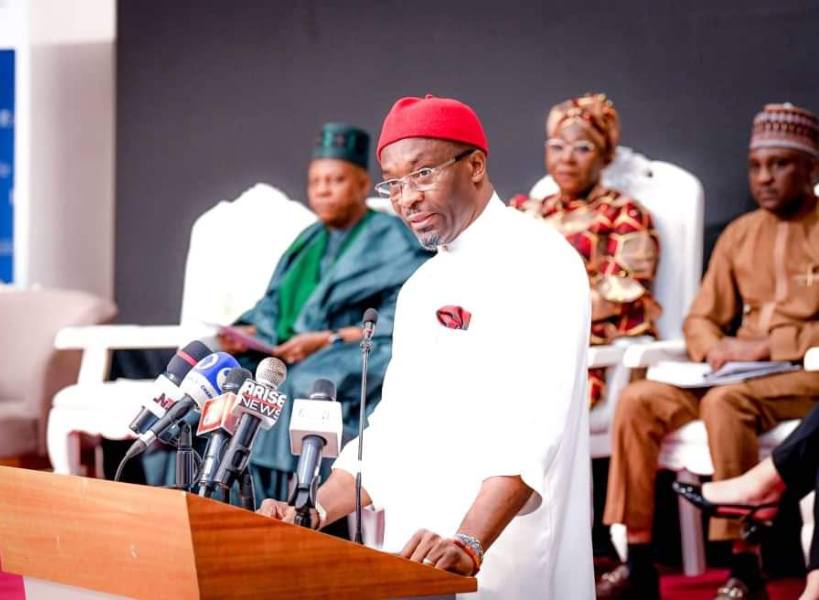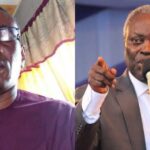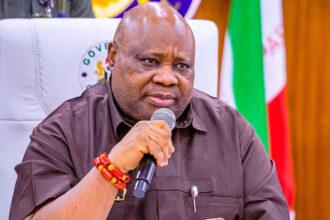
The Deputy Speaker of the House of Representatives, Benjamin Kalu, has withdrawn his controversial indigeneship bill, saying the proposal requires broader consultation and alignment with public sentiment.
In a statement issued Tuesday by his media aide, Levinus Nwabughiogu, Kalu said the decision followed critical feedback from stakeholders and a detailed report by the National Institute for Legislative and Democratic Studies (NILDS).
“Although the intention of the bill was to promote national unity, equity, and inclusiveness among all Nigerians, regardless of where they reside, part of the report stated that the state houses of assembly should make laws that will make settlers in different states enjoy the same rights and privileges as the indigenes,” Kalu said.
The bill, which had only passed first reading, sought to grant Nigerians who have resided in a state for a specified period the same rights as indigenes, in a bid to reduce discrimination and foster national integration.
But NILDS cautioned that the bill, while well-intentioned, could create legal and political complications, especially the risk of multiple or overlapping indigeneship claims.
“Though the bill seeks to achieve some commendable objectives, this can be achieved through enactment of law. If this bill is passed, it would pose challenges with time, especially on the issue of double or multiple indigeneship,” the NILDS report stated.
Kalu, who also chairs the House Committee on Constitution Review, reiterated his commitment to a people-driven legislative process.
He assured citizens that the constitution amendment process would remain open, participatory, and responsive to public concerns.
The bill’s withdrawal followed intense opposition from several socio-cultural groups who warned that the legislation could inflame ethnic tensions and erode state autonomy.














